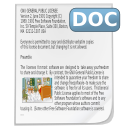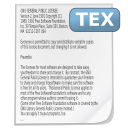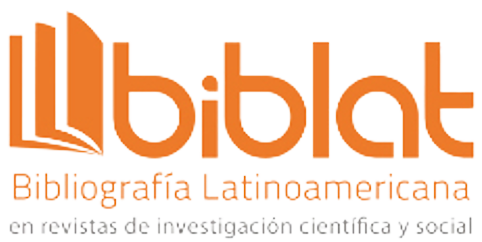The Impact of Code-Generating AI on the Work of Programmers
Abstract
This study analyzed the impact of code-generating artificial intelligences (AI), such as GitHub Copilot, on programmers' work. It aimed to determine how these tools affect productivity and code quality, differentiating their effects based on developers' experience levels. A systematic literature review and tool analysis were conducted, using the PRISMA methodology to assess experimental studies and usage reports. Results revealed that code-generating AIs improved productivity by up to 55.8% for experienced programmers, while less experienced developers exhibited increased reliance and confidence in generated code, leading to security risks. Additionally, benefits included reduced development times and democratized access to software, though ethical and technical risks related to overdependence and loss of fundamental skills were noted. These findings underscore the need for strategies that combine these technologies with continuous learning and responsible practices. In conclusion, code-generating AIs are catalysts for software development but require a balanced approach to maximize their advantages and address their challenges
Downloads
References
T. Dohmke, M. Iansiti, and G. Richards, "Sea Change in Software Development: Economic and Productivity Analysis of the AI-Powered Developer Lifecycle," GitHub & Harvard Business School. [E-book] Available: https://arxiv.org/pdf/2306.15033.pdf.
K. Z. Cui, M. Demirer, S. Jaffe, L. Musolff, S. Peng, and T. Salz, "The impact of AI on Developer Productivity: Evidence from GitHub Copilot" [Abstract]. Available: https://arxiv.org/pdf/2302.06590.pdf.
V. Joshi and I. Band, "Disrupting Test Development with AI Assistants," July, 2024. [Online serial]. Available: https://arxiv.org/pdf/2411.02328.pdf.
K. K. B. Ng, L. Fauzi, L. Leow, and J. Ng, "Harnessing the Potential of Gen-AI Coding Assistants in Public Sector Software Development," The AI Times, para. 4, Sept. 2024. [Online]. Available: https://arxiv.org/pdf/2409.17434.pdf.
J. Finnie-Ansley, P. Denny, B. A. Becker, A. Luxton-Reilly, and J. Prather, "Do Users Write More Insecure Code with AI Assistants?" [Online]. Available: https://arxiv.org/pdf/2211.03622.pdf.
M. K. Siam, H. Gu, and J. Q. Cheng, "Programming with AI: Evaluating ChatGPT, Gemini, AlphaCode, and GitHub Copilot for Programmers," Generative AI Studies Journal, vol. 1, no. 1, Nov. 2024. [Online serial]. Available: https://arxiv.org/pdf/2411.09224.
C. Bird, et al., "Taking Flight with Copilot: Early insights and opportunities of AI-powered pair-programming tools," Queue, vol. 20, no. 6, p. 35-57, Nov. 2022. [Abstract]. Available: https://dl.acm.org/doi/abs/10.1145/3582083. DOI: https://doi.org/10.1145/3582083
J. J. U. Ricárdez, et al., "Integration of Generative AI with ChatGPT in Software Development," A Dictionary of AI Applications, 2024. Oxford University Press. [online document], Available: https://iydt.wordpress.com/wp-content/uploads/2024/05/2_31_integration-of-generative-ai-with-chatgpt-in-software-development_.pdf.
M. Dolata, N. Lange, and G. Schwabe, "Development in times of hype: How freelancers explore Generative AI?," Proceedings of the IEEE/ACM 46th International Conference on Software Engineering, May, 2024. Available: https://dl.acm.org/doi/abs/10.1145/3597503.3639111. DOI: https://doi.org/10.1145/3597503.3639111
Copyright (c) 2025 Innovation and Software

This work is licensed under a Creative Commons Attribution 4.0 International License.
The authors exclusively grant the right to publish their article to the Innovation and Software Journal, which may formally edit or modify the approved text to comply with their own editorial standards and with universal grammatical standards, prior to publication; Likewise, our journal may translate the approved manuscripts into as many languages as it deems necessary and disseminates them in several countries, always giving public recognition to the author or authors of the research.
























